Choosing the right flight instructor matters. In our last article, we spent some time discussing why it is so important to choose the right flying school, and I gave some pointers on how to go about choosing the right flying school for your needs.
If you’ve found the right flying school for your needs, then congratulations! You’re already well on your way to a fulfilling, a rewarding aviation journey. This article deals with the next aspect of flight training and one that is so crucially important – your flight instructor. Over the course of this article, we’ll discuss why having a good instructor is important, what to expect from your instructor, what your instructor expects of you, and what to do if you’re not happy with your instructor.
What does a flight instructor do?
Well… They teach you to fly. Duh! Setting aside the obvious for just a moment, let’s explore the role of a flight instructor in a little more detail.
A flight instructor is primarily responsible for conducting ab initio training. In other words, they are responsible for conducting training towards the issue of a PPL.
This training consists of ground and flight training, so the instructor needs to be able to deliver both aspects of the training.
During flight training, the instructor remains the pilot-in-command which means they are ultimately responsible for the pre-flight preparation, in-flight safety and aircraft management, communication, and post-flight duties.
Since your training will qualify you to act as pilot-in-command as the holder of a PPL, the instructor will start shifting some of these responsibilities to you at the appropriate times.
They remain ultimately responsible for the flight, though. This means that in addition to teaching you how to fly a plane, they are also constantly monitoring the fuel state, engine parameters and looking out for traffic.
When not flying, an instructor could be expected to deliver ground briefings pertaining to the flight exercises being undertaken, as well as theoretical lectures and post-flight debriefs.
In fact, the debrief is one of the most important aspects of the whole training process, as this is when the student and instructor can review the lesson and discuss what went well and what needs to be improved.
The duties of the instructor don’t stop there, though. Every training session must be documented in a training file, and it is the responsibility of the instructor to ensure that the student’s training file is kept up to date.
So, while you may only deal with your instructor for a short time per day, you’ll often find that an instructor has an incredibly busy work schedule and works tirelessly to stay on top of things.
What makes a good instructor?
A good instructor doesn’t need to be some all-knowing god of the skies who never makes mistakes. In fact, these types of pilots often make the worst instructors.
Because all students have different personalities, motivations and aspirations; what one student thinks is a “good instructor” may be seen by another student as a terrible instructor.
The key is to find an instructor who suits your needs the best. Below, I’ll discuss some traits that set good instructors apart.
The student is King/Queen.
By far and away, the most important thing for any instructor to remember is that they are there to provide a service to a student. The focus should never be on the instructor, but rather on the student and their needs. A good instructor puts their ego aside and refrains from showing how much they know or how well they fly unless there is a direct benefit to the student’s learning. There is no place for show boating.
A good instructor is continually looking for valuable teaching moments.
Be it during the flight or whilst walking around the airfield, there are always opportunities to learn about something extra.
As an example, say you and your instructor are walking past a plane that is different to the one you fly. There are bound to be components of that plane that you may have learned about in your ground school.
A good instructor will take the opportunity to show you how this component works in real life. It’s these small details that give you a broader understanding of the aviation environment.
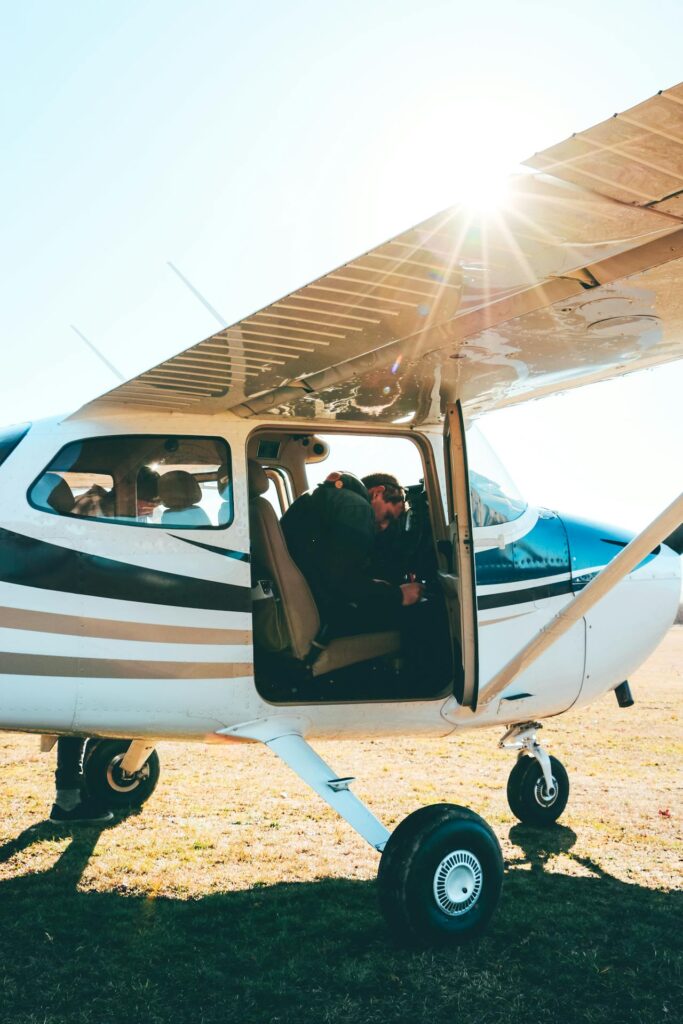
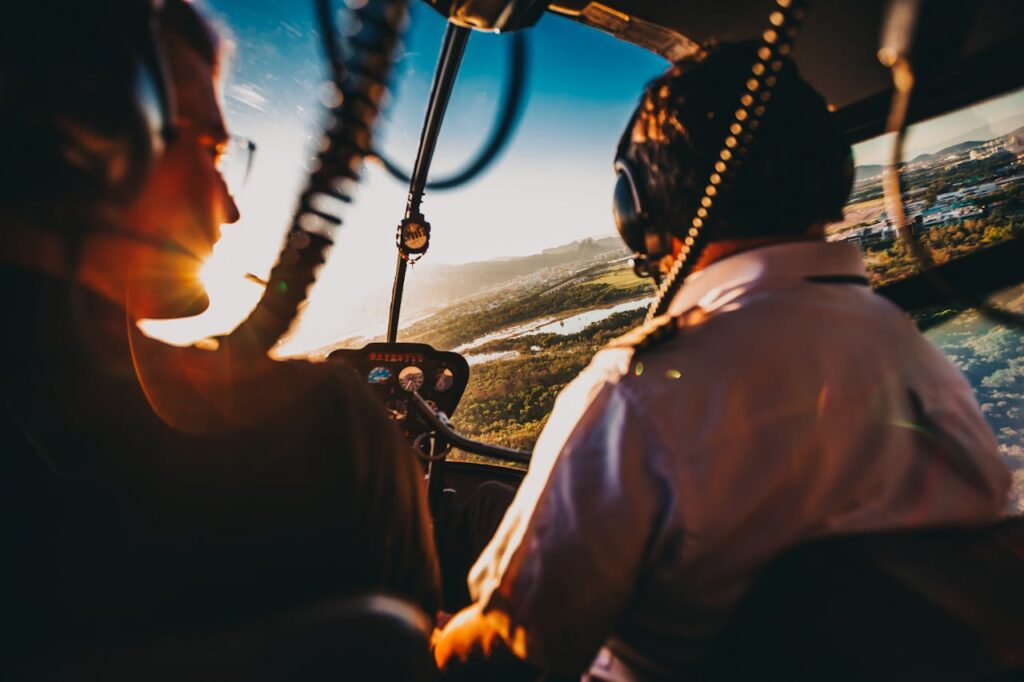
Why a good instructor is so important.
Have you ever had that one schoolteacher who inspired you to want to do better and learn more than just the basics? I’m guessing that the teacher had a profound impact on your life and played a pivotal role in shaping who you are as a person today. A good flight instructor is no different.
If you consider that your flight instructor is most likely the first person in aviation that you’ll deal with on a regular basis, it stands to reason that they will very likely set the tone for how your training will go.
If you and your instructor don’t get along well, then you’ll feel less comfortable around them and be less receptive to learning from them.
On the other hand, the two of you get along well, it makes the whole process much more enjoyable and allows you to feel comfortable enough to ask questions about things that you don’t understand.
It goes beyond a feel-good factor, though. You are entrusting your life to your instructor whenever you get into a plane together. Flying with someone you don’t like has an impact on how much confidence you have in that person – even if only at a subconscious level.
An instructor very often becomes a role model to new students. I still do some of the same things my first instructor did. Luckily, they were all good habits! If an instructor has an unprofessional attitude, doesn’t take safety seriously and treats you like you know nothing, then immediately you are given the impression that it’s okay to behave similarly.
The saying “first impressions are lasting impressions” is painfully accurate here. A good instructor recognises the vital role they play in the development of a new pilot’s career and makes every effort to always ensure they role model the appropriate behaviour.
A really good instructor can be thought of as more of a mentor than a flight instructor. This may all seem wishy-washy and full of nonsense, but I have seen it all too often in my 10 years as an instructor. There are countless aspiring pilots who have given up on their dreams of becoming a pilot because of their instructor.
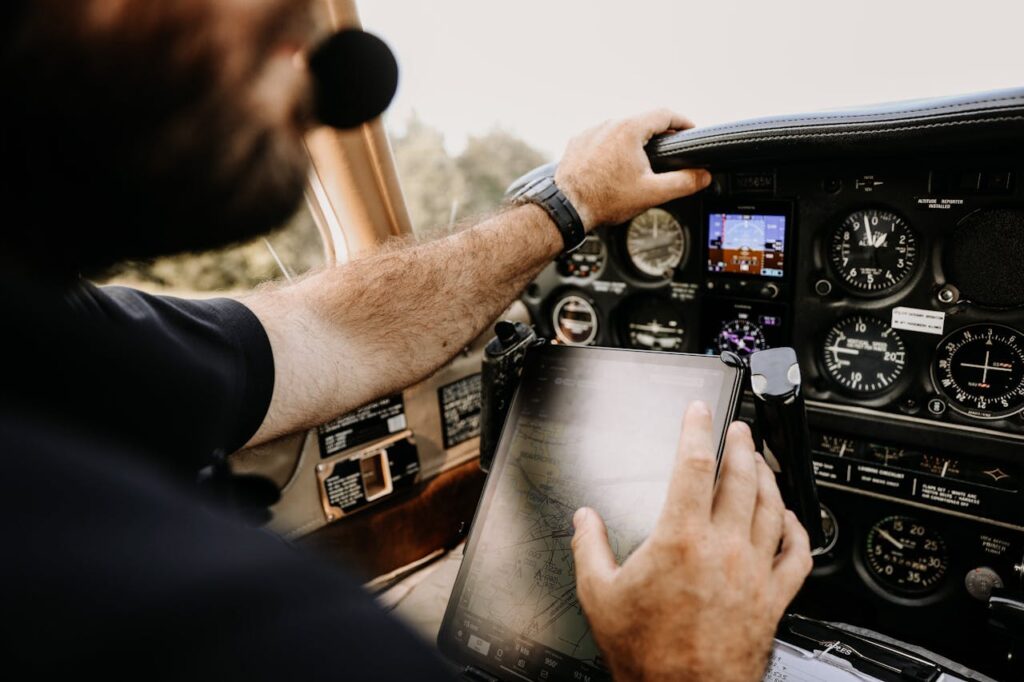
A good instructor takes the time and effort to get to know you.
By knowing what motivated you to become a pilot, what other interests you have, how you react to stress and where your strengths and weaknesses lie, the instructor knows how to get you to perform to the best of your abilities.
The simple act of taking 15 minutes to get to know you a bit better does wonders. On the one hand, the instructor is armed with information that will help them to develop you as a professional pilot.
On the other hand, you as a student feel like your instructor is taking a genuine interest in you – you feel like more than just a number.
An instructor is honest.
We don’t have all the answers all the time. The hallmark of a good instructor is one who admits if they do not know something and makes an effort to find the correct answer. Very often this turns into a valuable learning opportunity.
A good instructor is professional.
Flight training is serious business where large amounts of money are spent by customers and where the time pressures are ever present.
An instructor who conducts themselves with a good degree of professionalism is a must for several reasons.
Most important of these is the fact that from day one, an instructor’s every move is being picked up on by the student, who has little to no foundational knowledge of what is expected of a professional pilot.
The instructor becomes the student’s barometer of professionalism. Any bad habits that the instructor displays in an aviation environment invariably gets copied by the student.
Instructors must always ensure they are role modelling the appropriate behaviour.
I don’t seem to get along with my instructor. What can I do about it?
We’re all humans. We don’t always get on well with everyone. Personality clashes in the training environment is not conducive to the learning process. Most of the time the flight school will make every attempt to pair you with an instructor of a similar personality. Sometimes this doesn’t work out as planned but have no fear!
If you and your instructor don’t seem to get along, you are well within your rights to request a change of instructors. It is perfectly normal to do so and is done often at flying schools the world over. This is best brought up with the Chief Flying Instructor or Head of Training, as appropriate. If you find the school unwilling to facilitate an instructor change without a valid reason, think very carefully about whether this is the right school for you.
Conclusion.
As we’ve seen from this article, choosing the right instructor is one of the most important choices you’ll make in your flying career. An instructor can make or break your aviation career in the sense that a bad instructor can very easily turn you off flying and cause you to abandon your dream of becoming a pilot. I have seen it happen more times than one would like. Similarly, a good instructor will help you get the best value out of your training and provide a solid foundation for a long and successful career in aviation. Hopefully this article has provided you with some good pointers to help you choose the instructor that best suits your needs.
Happy flying!
Read more Q&A’s like “Wondering what to expect from your flight instructor” and “What will my flight instructor expect of me“
Need guidance on any flight training related matters? We are here for you on this journey and would be happy to assist you. Contact Us, to get the ball rolling on your aviation career!
If you have are looking for a Professional Ground School, we offer the following: PPL Ground School, LAPL Ground School, Pilot Upskilling courses as part of our PROUD scheme, Winter Operations, ICAO to UK Conversion Course, and more!
Our PPL/LAPL Ground Schools are facilitated in-person or online. Get in touch and let us know how we can help you.



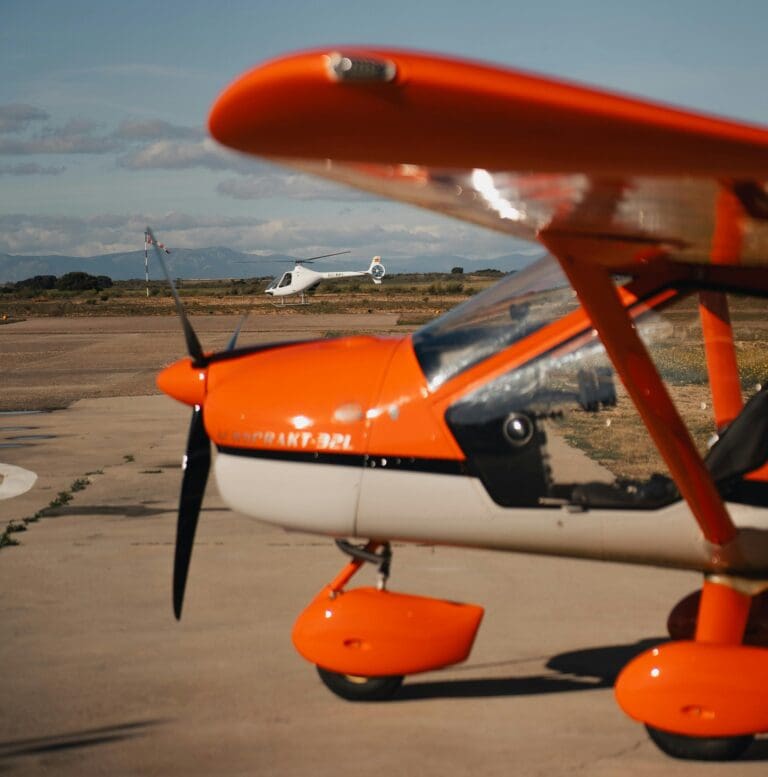

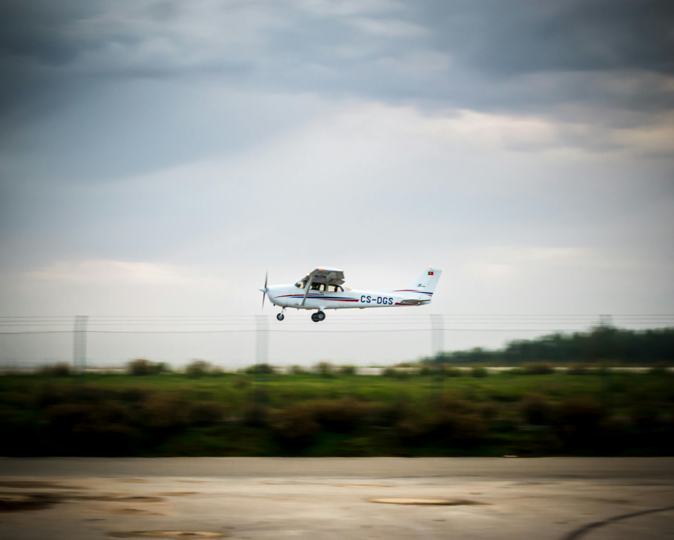

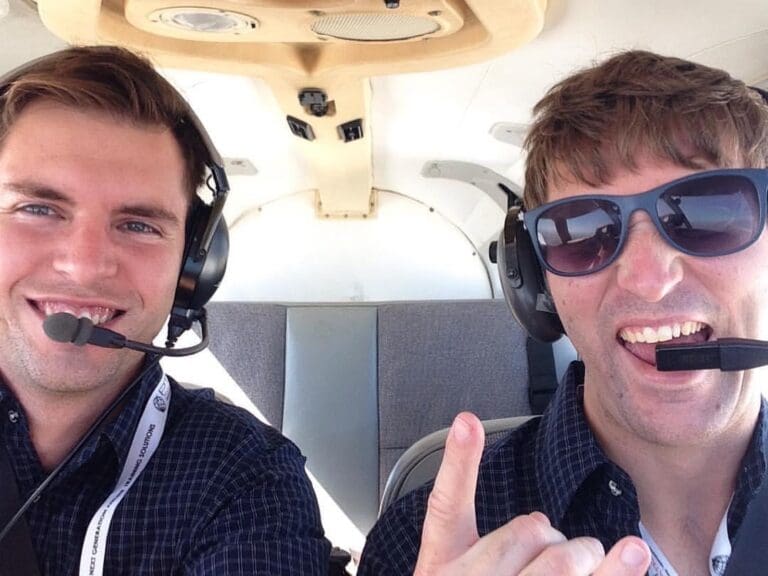
Responses